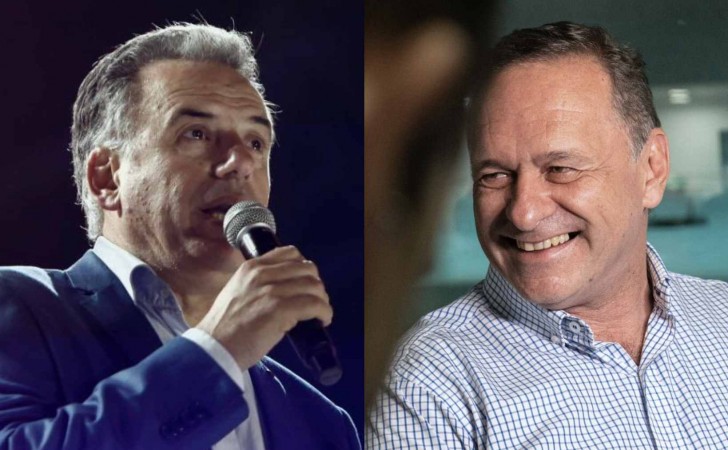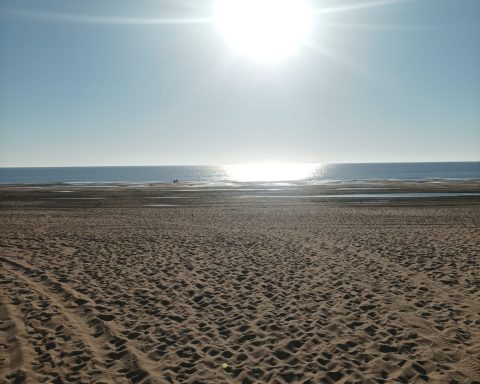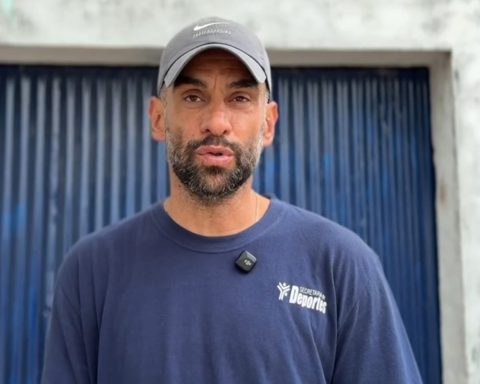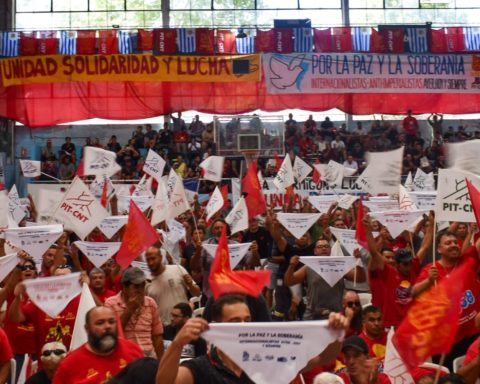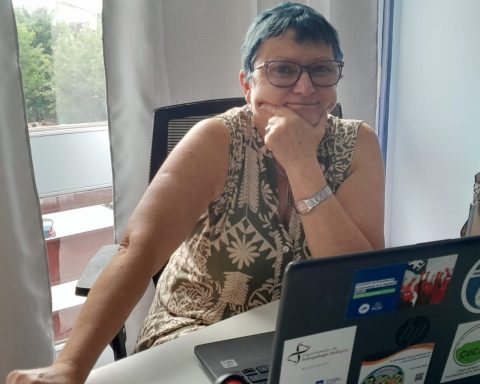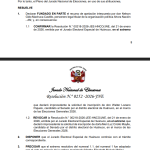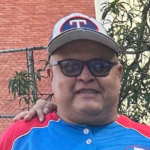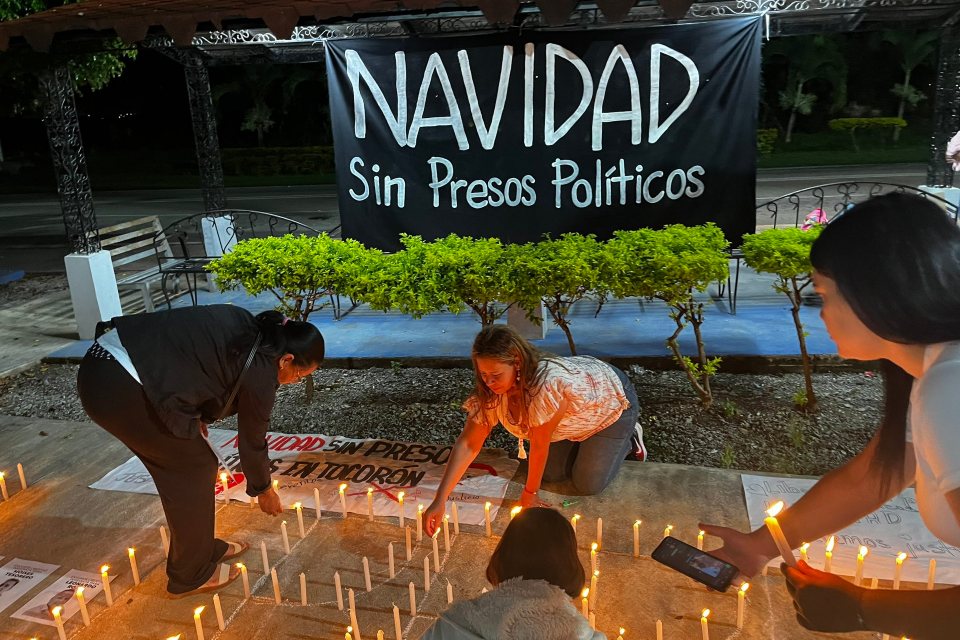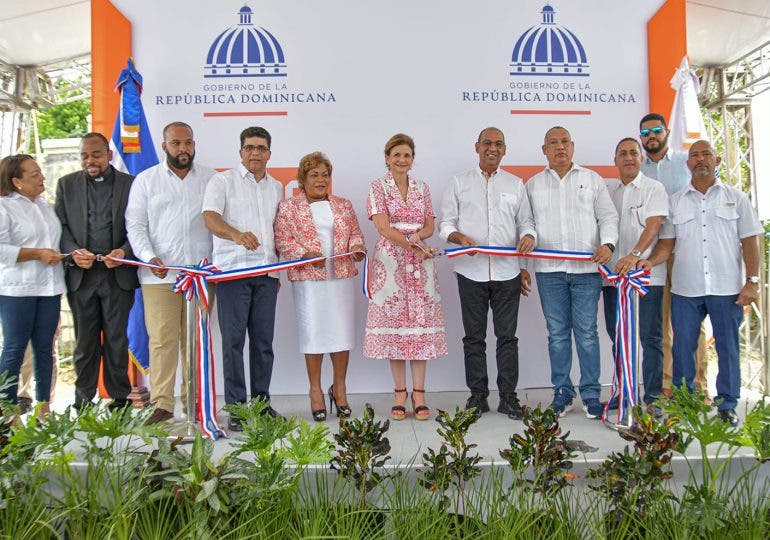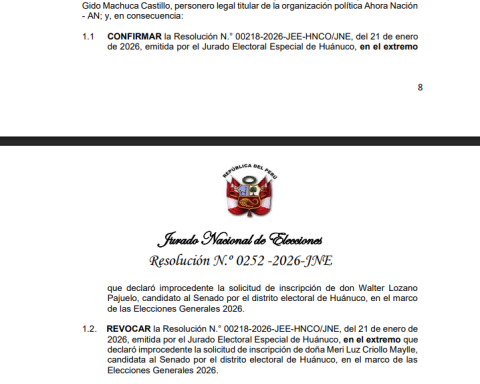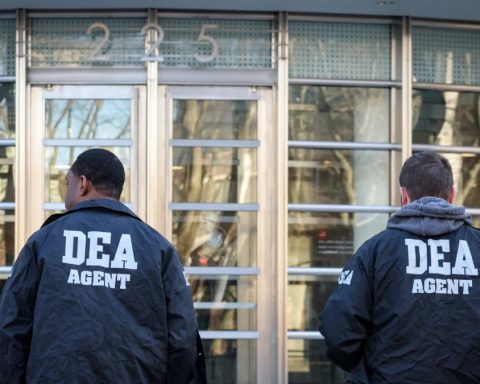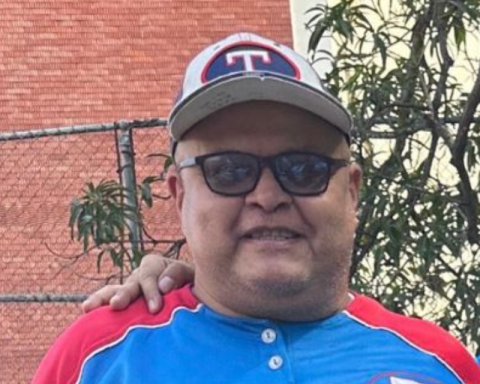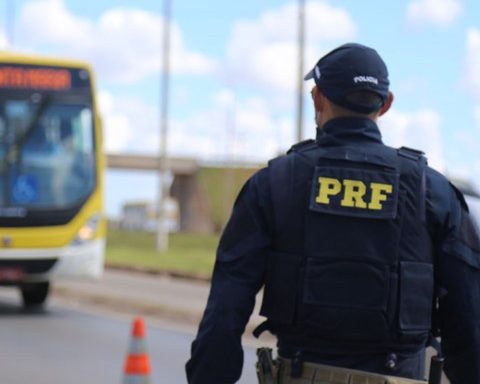Yamandú Orsi arrived on set
The candidate for the Frente Amplio, Yamandú Orsi, spoke little in front of the press, in the minutes before the debate, friendly but distant with the journalists. He stressed that the two teams of advisors—both his and Delgado’s—agreed on the format of the debate, and concessions were made from both sides.
“There were two teams working here, and I trust those teams,” said the leftist candidate.

19:45: What the polls say with a view to the runoff
This is what the latest voting intention surveys from the different Uruguayan consulting firms say:

7:35 p.m. Álvaro Delgado arrived at the debate set

The white candidate stated that between his project and that of the Frente Amplio there are “two models of the country” and that voters must analyze “who has a team and who has credibility.”
“I would have preferred more instances of debate, but this is the only one that could be achieved. “I do not discuss other strategies, they are what there are,” he expressed.
7:30 p.m. Guests and advisors of each candidate
Both Yamandú Orsi and Álvaro Delgado will each have six advisors who will accompany them on the debate set.
On Orsi’s part, they are: Carolina Cosse, Alejandro Sánchez, Cristina Lustemberg, Liliam Kechichian, Camilo Cejas and Gabriel Oddone.
On Delgado’s part, they are: Valeria Ripoll, Nicolás Martínez, Agustín Iturralde, Diego Labat, Diego Silva and Horacio Abadie.
They will also have six guests each.
On Orsi’s part, they are: Blanca Rodríguez, Jorge Díaz, Gonzalo Civila, Edgardo Ortuño, Óscar Andrade and Silvia Nane.
On Deogado’s part, they are: Andrés Ojeda, Pablo Mieres, Manini Ríos, Eduardo Lust, Luis Alberto Heber, Beatriz Argimón, Jorge Gandini and Leticia Lateulade (wife of the candidate).
5:30 p.m.: Everything you need to know about the presidential debate between Orsi and Delgado
The presidential debate between Yamandu Orsirepresentative of the Frente Amplio (FA), and Alvaro Delgadoof the National Party (PN), becomes an important milestone in the Uruguayan electoral process. This event has been scheduled for this Sunday, November 17, at 9 p.m., one week before the runoff that will decide who will assume the presidency of the Republic for the period 2025-2030. This will be the second mandatory presidential debate dictated by law 19,827 of our country, after the meeting was held in 2019 between Luis Lacalle Pou and Daniel Martínez.
The debate will take place starting at 8:30 p.m. on national radio and television and will also be broadcast on LARED21 on its website and social networks with highlighted phrases and relevant events that occurred during the discussion between both politicians. The debate promises to be a crucial platform for both political figures to present their proposals and visions to the public.
The format of the debate includes a duration of two hours and will be divided into six thematic blocks. The opening of the event will start with an initial message that the Electoral Court will provide, explaining relevant aspects about the electoral process. Subsequently, each candidate will have a limited time to present their ideas and arguments in front of an audience that is closely following the outcome of these elections.
Structure of the debate and presentation of candidates
In the initial phase of the debate, both candidates will have a two-minute introductory message. This space seeks to clearly establish the position of each of the candidates before entering the thematic blocks where various aspects of the national reality will be addressed. Each block will be designed to allow a balanced interaction, where both Yamandú Orsi and Alvaro Delgado will have time assigned to express their position.
The structure of the debate will consist of five discussion blocks plus a closing one. Each of the thematic blocks will include central topics such as human development, security, economy, education and innovation, and work. In total, each block will last 13 minutesdivided into intervals of 3, 2 and 1 minute for the presentations of each candidate, alternating the interventions to guarantee an equitable dialogue.
The moderators, Pilar Teijeiro and Raúl Ponce de Leónwill play a fundamental role in the development of the debate, ensuring that the times are respected and an adequate order is maintained in the interventions. The relevance of these debates lies in the fact that they allow voters to obtain valuable information about the candidates’ proposals, thus facilitating a more informed decision at the polls.
Central themes of the debate between Orsi and Delgado
Each of the blocks will address issues of national interest, starting with the first block, which will focus on the human development. This segment will address crucial issues such as health, housing, sports, culture and disability. Candidates will have the opportunity to present their plans and proposals to improve the quality of life of citizens in these areas.
The second block will focus on securitya topic of great concern for the population. During this space, aspects related to the coexistence, drug trafficking and the situation of prisons in the country. As the debate progresses, the economy will be the protagonist of the third blockwhere both candidates will present their plans on macroeconomics, international insertion and production.
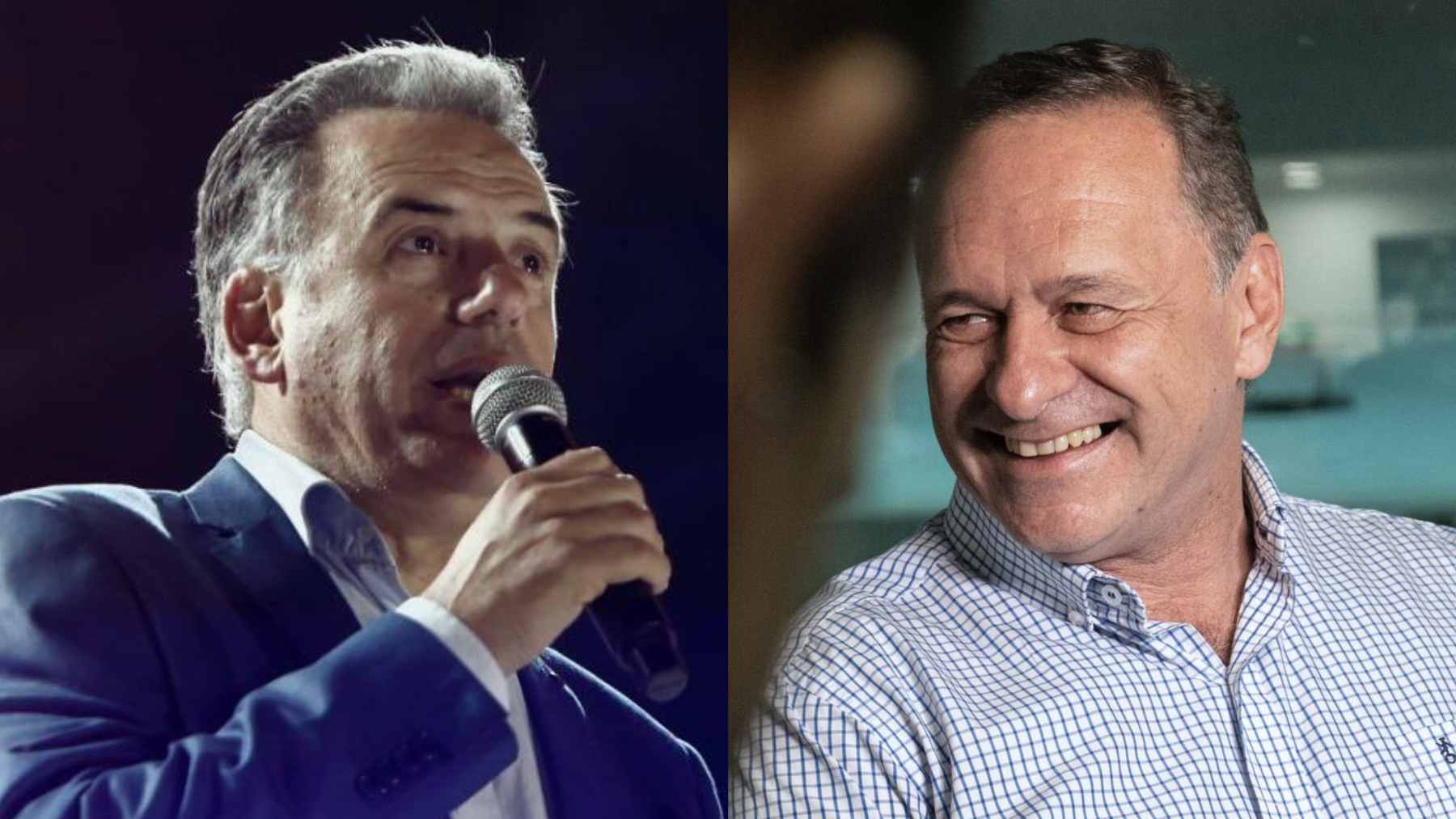
The fourth block will be dedicated to education and innovationreflecting the importance of these issues in the development of the country. Finally, The debate will conclude with a block on work, addressing relevant questions about the labor market and social security. The closing of the event will offer each candidate the opportunity to present a final messagethus consolidating their approaches to voters.
The law on mandatory debates in Uruguay
Law No. 19827 establishes the obligation of a debate between the candidates for the Presidency of the Republic in the event that none of them achieves an absolute majority of votes in the first election and a second round must be held, in accordance with the provisions of the Constitution. This debate, which is a fundamental mechanism for democracy, will be organized according to guidelines clearly defined in the law.
The law establishes that the debate is broadcast live nationallyboth on radio and television, in central time and with a maximum duration of two hours. Responsibility for technical production and transmission will fall to the National Audiovisual Communication Service and the country’s public media system, the law indicates.
The organization of the debate will be in charge of the Electoral Courtwho must collaborate with representatives of the press and public media. Additionally, the Court will define the rules of the debate in coordination with the candidates and moderators, ensuring a fair and equitable process.
It is crucial that the debate respects the principles of impartiality and equity among the participants. In addition, the exchange of ideas will be guaranteed with the participation of journalists, which will enrich the democratic dialogue.
Finally, the law establishes a sanction for those candidates who deny to participate: they will not receive financial support from the State to cover the expenses of the second national election. This provision underlines the importance of active participation in the electoral debate.
